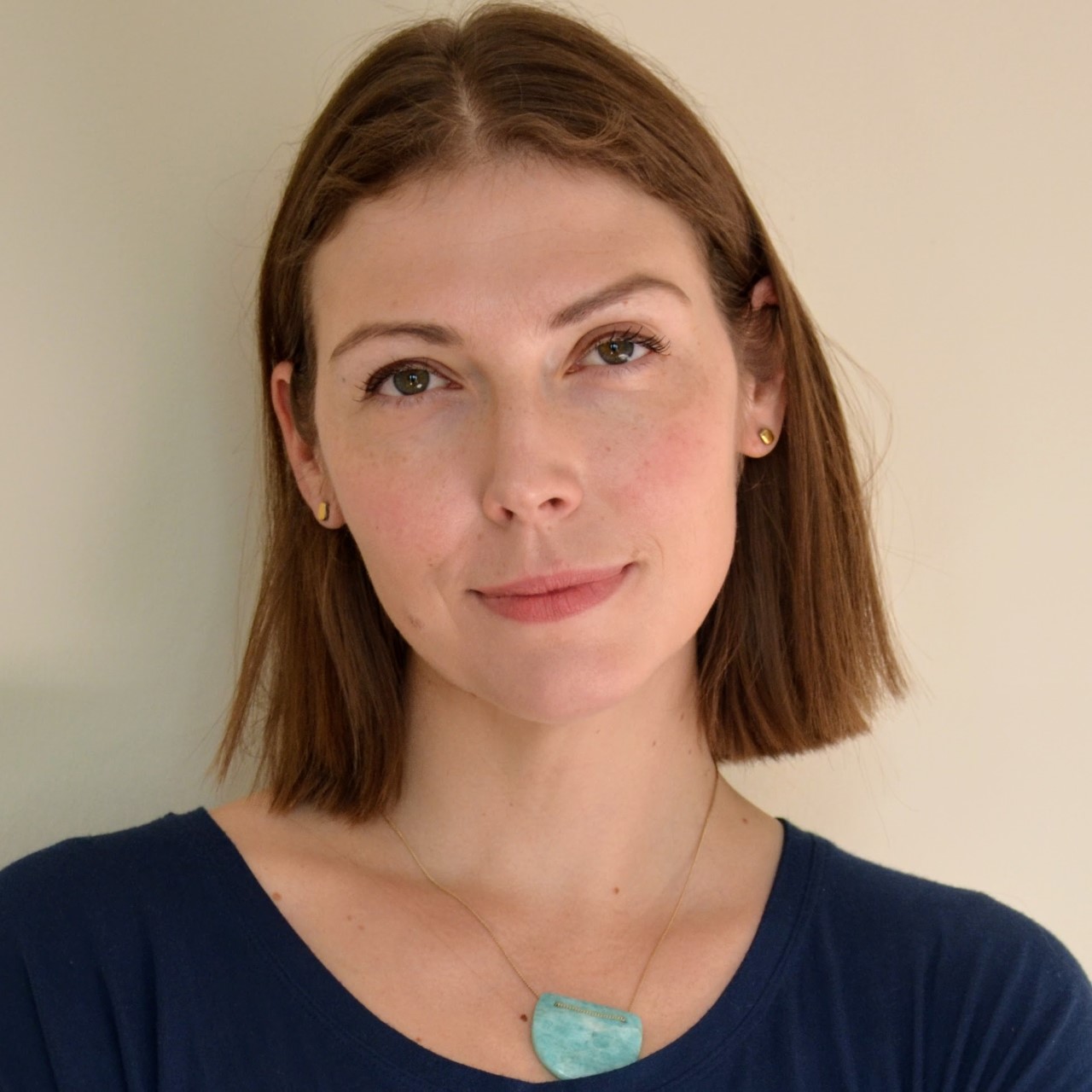Return to Collection


Tip
Getting your baby to sleep well!
What is really important when it comes to baby sleep? Mattress quality? No. Room temperature? Not really. Light? Very. Research shows that we can help babies sleep through the night by following just a few steps.
1. Light exposure. Babies are supremely sensitive to light, and light exposure at the wrong time wreaks havoc on baby's sleep. Conversely, light at the right time will tell your baby's body that it's time to be awake, and naturally set their inner body clock to know what is day and what is night. So what is a parent to do to achieve this? Easy: get blackout shades and use them at night and in the early morning, and during the evening and night keep it dark. If you need to see at night to change baby's diaper or soothe them, get a red light bulb and use it in a lamp in baby's room–red light naturally mimics darkness and does not affect baby's sleep or inner body clock. For a little more sophistication, check out the baby sleep lamp I created: it's beautiful and helps babies sleep.
2. Naps, bedtime and wake time. How do you establish a schedule, and is that even a good thing for baby? Research shows that babies with consistent routines sleep better and cry less, so putting baby on a schedule is the holy grail for everybody's happiness. How do you do that? Baby's sleep need rapidly declines from basically needing to sleep around the clock as a newborn to only about 12.5h in total as a one year old, and naps are what changes the most: they decrease rapidly during the first year of life, and many children don't need to nap at all when they turn three. "Really?", you might think, "don't babies need to nap a lot in order to sleep well at night?". Science has a clear answer here: the idea that sleep begets sleep is plain wrong, and daytime sleep negatively affects nighttime sleep, so limiting daytime sleep to what is developmentally appropriate is key for good sleep at night. But what is the right amount of sleep? This is actually a tricky question because baby's sleep need constantly changes. I created a special app which creates individualized schedules for your baby, so you always know what to do. You can find my Kulala app in the App Store and on Google Play.
3. Sleeping through the night. Establishing the correct schedule using the Kulala app and the right light conditions will vastly improve nighttime sleep in most babies, but sometimes a little more effort is required to teach babies putting themselves back to sleep when they wake up at night. Research shows that a slight delay of 90 seconds in responding to babies when they start crying at night actually teaches them that waking up is normal, and to listen to their body and put themselves back to sleep, without needing their parents' help. However this only should be attempted in babies who weigh more than 11lbs and have ever, even once, slept for at least 5 hours at night, which typically happens between 2 and 3 months of age.
For more information on setting the right schedule for baby and other science-based tips and tricks, drop in for my weekly expert corner here on Cluster, check out my book HOW BABIES SLEEP, and follow me on Instagram.
Happy sleeping!
3 years ago

Please sign in to comment.
